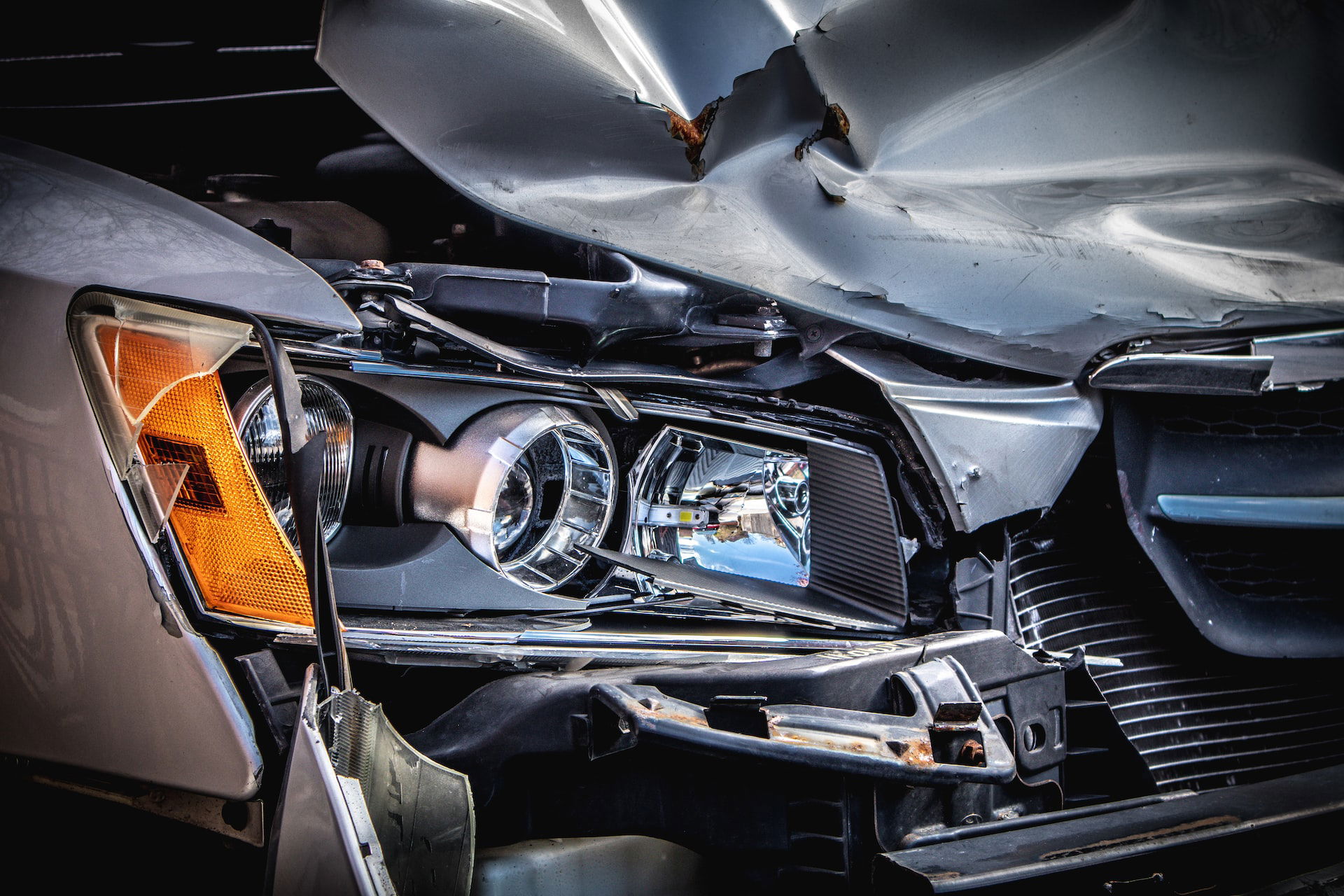Is A DUI Considered To Be A Felony In Pennsylvania?
In Pennsylvania, a DUI may be considered a felony charge. In short, sometimes, a DUI may be charged as a felony. You may be charged with a felony DUI when you have three prior convictions for a DUI within the last 10 years. However, most Pennsylvania DUI cases are charged as misdemeanor offenses.
In Pennsylvania, in 2018, a law passed that made certain types of DUIs chargeable as felonies. DUI penalties in Pennsylvania are very harsh in an attempt to prevent drunk and impaired drivers and save lives.
A first-time DUI, where the driver has a blood-alcohol concentration (BAC) of at least 0.08, is considered a misdemeanor. However, the circumstances surrounding the DUI charge may result in longer license suspensions, harsher sentences and more. Factors that can affect the severity of the misdemeanor charge may include:
- A single, first-time offense DUI typically receives a minimum 6-month probation sentence and a maximum of 6 months in jail. The offender pays $300 and must take an alcohol highway safety course. If there is another DUI conviction, the jail sentence is a minimum of 5 days plus a fine. With three or more convictions, the minimum jail sentence is 10 days and a much higher fine.
- If the driver's BAC falls between 0.10 percent and 0.16 percent, and it is the first offense, the defendant spends 48 hours in jail and pays a fine. If there is a second offense, defendants must serve a minimum of 30 days or 90 days for a third offense or a full year for a fourth offense. Each level of offense has higher fines.
- The harshest level of DUI misdemeanor is a driver with a BAC of 0.16 percent or higher. The offender must serve 72 hours in jail and pay a fine. If there is a second offense, jail time is 90 days, and for a third, or more offenses, the defendant must serve a full year in jail.
A DUI is a felony when there are aggravating circumstances. An aggravating circumstance is when another person was harmed in the accident. Suppose the drunk driver unintentionally caused someone's death because they were driving under the influence. In that case, they will be charged with a 2nd-degree felony charge and serve a mandatory minimum jail sentence of three years, served back-to-back for each victim.
Suppose the DUI collision did not result in death but did result in serious injuries. In that case, Pennsylvania's law still considers this to be a 2nd-degree felony with a maximum jail sentence of 10 years.
To learn more, reach out to Melaragno, Placidi & Parini for help.




